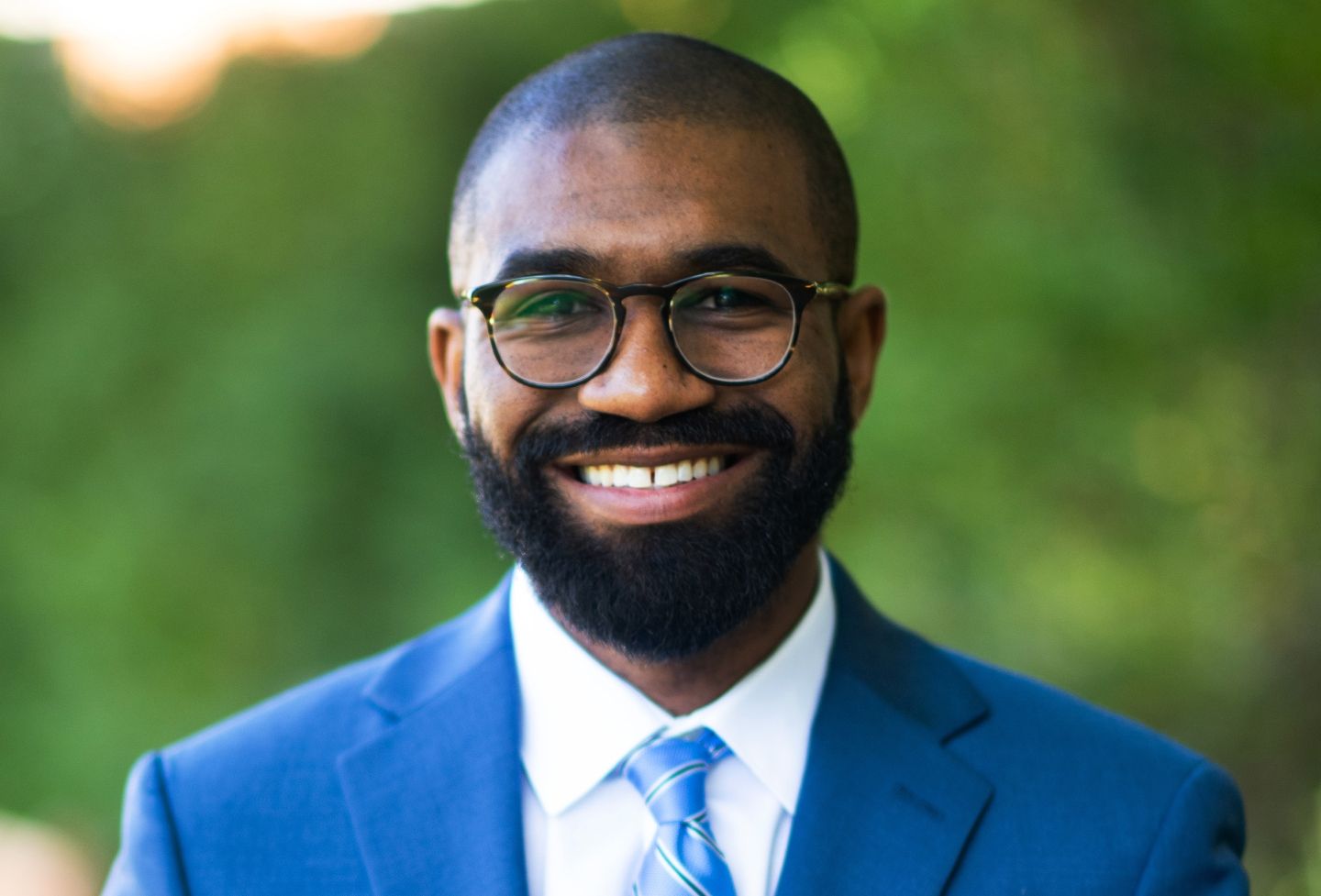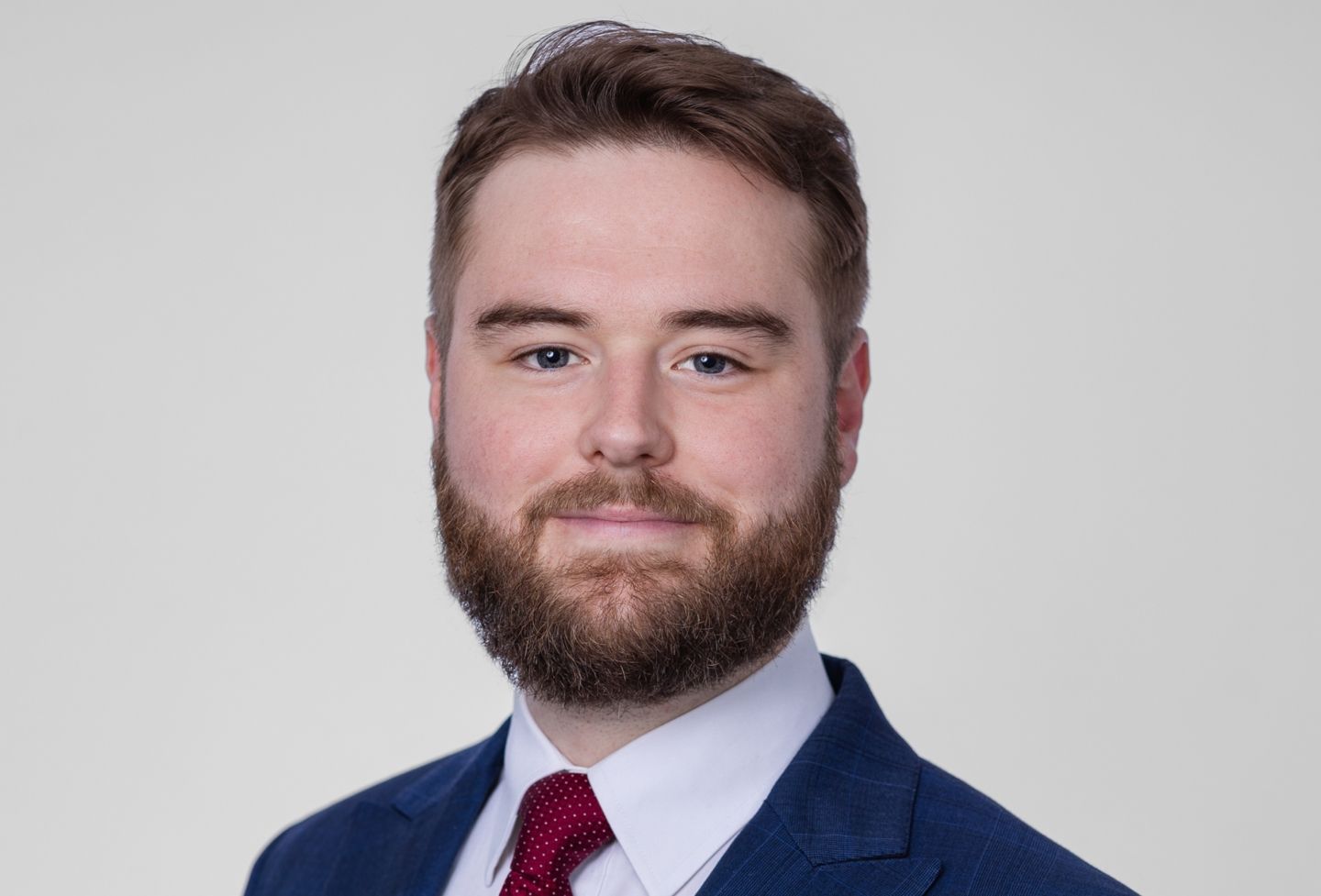Alumni Q&A: Patrick Gardner '86 on Advocating for Improved Mental Health Services for Young People

Patrick Gardner, a 1986 graduate of the University of Virginia School of Law, recently founded a nonprofit organization called the Young Minds Advocacy Project, which seeks appropriate mental health services for low-income young people and their families.
Gardner previously worked at the National Center for Youth Law for 12 years, where he worked on behalf of youth with unmet mental health needs and secured support for tens of thousands of foster children in California, Arizona, Washington and other states.
During his time at NCYL, Gardner served as co-counsel in Katie A. v. Bonta, a nine-year legal battle that successfully challenged California's failure to provide home-based and community-based mental health services to children who are in the foster care system or at risk of removal from their families.
What led to your decision to leave the National Center for Youth Law and form the Young Minds Advocacy Project?
I left the National Center for Youth Law because I felt the need to sharpen my focus on improving mental health care access for young people. I also knew that an organization was needed to improve the capability of children's mental health stakeholders and beneficiaries to advocate for increased government accountability and more effective, collaborative, and humane services and programs. Also, I will continue to work with my former colleagues at the center on projects involving low-income youth.
It's also possible that, having lived in Silicon Valley for almost 14 years, I caught the startup bug.
What are the goals of the Young Minds Advocacy Project?
Young Minds' goals are to improve access to individualized, strengths-based and family-focused mental health care for low-income young people with serious unmet mental health needs, and to reduce reliance on institutionalization and congregate care. Also, we are seeking to reform the mental health system so that it is more responsive and accountable to the young people and families it is intended to serve.
Our efforts to accomplish these goals include using policy analysis, program evaluations, public education, organizing, legal assistance and litigation. These tools allow us to better inform stakeholders about the programs that are intended to meet their needs, assess what works and what does not, and identify strategies and partners to improve system performance. Additionally, when alternative approaches are ineffective, we use state and federal courts to enforce young people's entitlements to adequate and timely mental health care.
What is your assessment of the current state of mental health care for children? Are there any reforms that would be helpful?
The current state of mental health care for young people is inadequate and disorganized, particularly for children with more serious challenges. Recent studies show — as they have for many years — that most young people with mental health needs do not receive any care. Moreover, the services and supports that are provided are often not well suited to young people's or their families' needs; are not offered in the home or community, where they would be most effective; and are not well coordinated with other systems, such as probation, child welfare, education or health care.
We need to reform children's mental health systems so that no young people are denied mental health screening, assessment and treatment, or made to wait until their needs are so severe that their lives are in crisis, or denied support because they are "too challenging" or their recovery is "not fast enough." Also, youth-serving systems need to work together and take responsibility for the whole person. Lack of coordination among systems means higher costs, poorer outcomes, and tragic consequences for tens of thousands of young people, who often end up in the only system that cannot decline to serve them: juvenile justice. Finally, young people exist within families, and mental health services and supports need to be provided in a manner that acknowledges and embraces the family. Too often services are limited to an individual young person without consideration of his or her family or community environment. Additionally, parents are frequently wrongly blamed for their child's mental illness and treated as "part of the problem," rather than part of the solution. Supporting the family as it works to achieve positive outcomes would improve the effectiveness of mental health services and achieve better outcomes for young people.
What do you think is the biggest challenge facing efforts to improve the mental health system for young people?
Lack of accountability is likely our number-one challenge. The current system is largely driven by the services delivery imperative: provide a service, get reimbursed; provide a lot of services, get reimbursed a lot. Success is measured, and funds are distributed, based on the number of services provided, rather than on the benefits that the provided services afford. There is almost no accountability for outcomes. Indeed, few children's mental health systems are designed to assess whether providing services and support achieved the desired results. Many systems cannot even account for what services a child received, much less measure the results. The lack of accountability means that many interventions are not cost-effective. That is an important reason why the U.S. spends inordinately on congregate care even though it has not been shown to be effective. Lack of accountability also means that many young people and their families not only don't get better in treatment, but actually give up and drop out because the services provided are not responsive to their needs. Lack of accountability is also reflected in the failure of our elected officials and administrators to address well-documented unmet mental health needs and systemic failure before tragedy strikes.
In what ways has your legal education from UVA Law helped you in your career?
At a very fundamental level, my UVA education allowed me to be a lawyer. Without that training, I wouldn't have been able to enforce crucial mental health entitlements for thousands of poor and disabled children. On a more sublime level, something I learned from one of my favorite professors, Cal Woodard, has stuck with me for 25 years. It happened in a class I don't remember the name of — Professor Woodard wrote on the blackboard (something in itself quite rare) the equation: Justice = Law + X. And he said, "In our pursuit of justice, we spend considerable time examining 'law,' but I'd like us to consider 'X.' What is X?" I don't recall where our subsequent discussion led to, but I have puzzled over Professor Woodard's equation and the value or meaning of "X" many times since that day. Sometimes, such as on the day the state of California agreed to provide as many as 40,000 foster children intensive home-based mental health services — after litigating the matter for almost eight years — I have considered that Imay be part of the answer to the question, what is X? Whether that is the case or not, Professor Woodard inspired me then and now to think about the imprecise, but essential relationship between law and justice. He also contributed to my desire and ability to act it out.
What advice would you give law students who are interested in pursuing a similar career path?
(1) Don't you cannot afford it. (2) Marry well: Maybe your spouse can afford to pay off your student loans. (3) If you're still reading, you have at least one essential trait: You are persistent. But don't expect the trail to be mapped out for you at the beginning, or even the middle. Build relationships with people and organizations in the field in which you are interested starting now, if not three years ago. Volunteering is a helpful entry, but choose as carefully as you would a "real" job. The good news is, if you don't drown in debt, and you really believe in and doggedly pursue your public interest dream, you may well discover there is a job out there for you.
Founded in 1819, the University of Virginia School of Law is the second-oldest continuously operating law school in the nation. Consistently ranked among the top law schools, Virginia is a world-renowned training ground for distinguished lawyers and public servants, instilling in them a commitment to leadership, integrity and community service.


